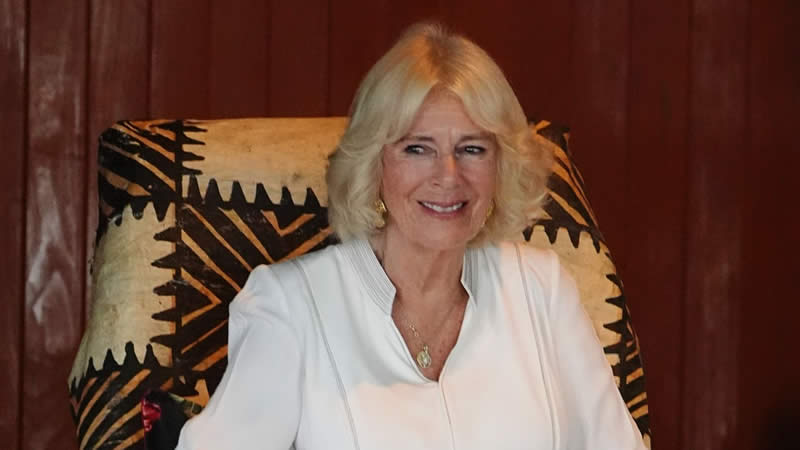Kamala Harris Ad Urging Voting Privacy Sparks Outrage Among Right-Wing Pundits

Saul Loeb/AFP/Getty Images
A new campaign ad from Vice President Kamala Harris has sparked a strong reaction from conservative voices, who view the message as an attack on traditional values. The ad, aimed at empowering women to keep their vote private if they choose, features a fictional scenario where a wife quietly votes for Harris in the privacy of the voting booth, even though her husband expects her to support Donald Trump.
The ad quickly drew ire from right-wing figures like Turning Point USA’s Charlie Kirk, who characterized it as a direct threat to family unity. Speaking on The Megyn Kelly Show, Kirk expressed his frustration, claiming that the ad promotes dishonesty between spouses. “She needs people to lie to their husbands!” he exclaimed, framing the scenario as an affront to what he sees as the foundation of the American family.
Fox News host Jesse Watters echoed Kirk’s sentiments, escalating the rhetoric by comparing a wife’s private vote for Harris to infidelity. “If I found out Emma was going into the voting booth and pulling the lever for Harris, that’s the same thing as having an affair,” Watters declared, pointing to the alleged betrayal such an act would represent within a marriage. Watters, whose first marriage ended after he admitted to an affair with a producer, argued that a spouse’s hidden political preferences could shatter trust. “It violates the sanctity of our marriage, told The Hill.
What else is she keeping from me?” he added. He then painted a scenario where, upon discovery, a wife might admit, “I lied to you for the last four years.” MSNBC’s Nicolle Wallace pushed back on these views, delivering a wry retort during her broadcast. “I didn’t know there were men who still thought that women never faked anything,” she quipped, highlighting the dated assumptions underlying the criticism of Harris’s ad. Her comment struck a nerve with viewers, challenging the notion that a spouse’s autonomy in the voting booth should be equated to betrayal.
Dr. Basil Smikle, Jr., a political strategist, offered a deeper analysis, linking the controversy to broader issues of control over women’s autonomy. Referencing Senator Elizabeth Warren’s prior remarks on similar themes, Smikle observed, “It’s all about control. It is all about control.” His comments resonated with the ongoing discussion about women’s rights and personal freedom in private matters, including voting.
The Harris ad, which was intended to reassure women that their vote is theirs alone, has instead ignited a broader conversation on marriage, trust, and autonomy. While the right-wing backlash portrays the ad as undermining marital unity, others view the ad as a simple reminder of individual rights in the voting process. For many, Wallace’s and Smikle’s responses highlighted the underlying issue: a fundamental tension between respect for personal choice and the expectation of spousal conformity in political matters.
Ultimately, the ad has spotlighted a cultural divide regarding individual freedom and privacy in relationships. For Harris’s supporters, the ad reinforces the message that every vote is personal, while critics see it as an affront to traditional values. As the debate unfolds, it underscores the complexities of navigating personal beliefs within partnerships, especially when it comes to the private act of casting a vote.


